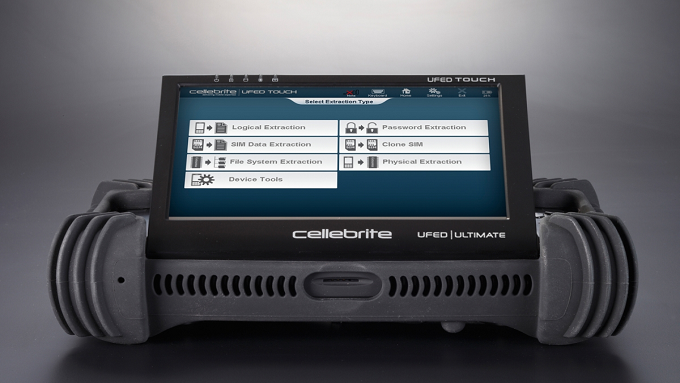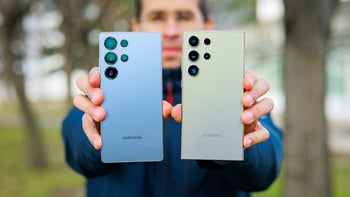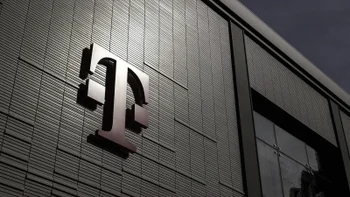Cellebrite executive says unlocking the iPhone is for the public good

Just the other day, we told you that Israeli tech company Cellebrite said that it can now unlock all Apple iPhone models running up to iOS 11.2.6, which happens to be the last public release of the OS. The company's chief marketing officer, Jeremy Nazarian, recently told Forbes that there are good reasons to have this capability. The executive read some of these off as though he was reciting the list of plagues during a Passover sedar. He listed "homicide, crimes against children, drug gangs, major public safety threats in any community" as some of the benefits that the public reaps from the ability to crack open a locked iPhone.
Nazarian made sure to explain that the process does not include listening in to one's phone calls. A court order needs to be obtained requesting the information as evidence needed to help build a case, or complete an investigation.
How Cellebrite unlocks the iPhone is unknown, of course. One guess made by Ryan Duff, director of cyber solutions at Point3 Security, is that the company discovered a flaw in the iPhone's Secure Enclave. Found inside the smartphone since the Apple iPhone 5s, this is a chip that is akin to the security director on the iPhone. The chip makes hackers have to wait longer times between passcode entries. A strong passcode is important for iPhone users to create. Duff says that if a flaw is how Cellebrite opens locked iPhone models, it would take them under 23 hours to guess a 6-number passcode. On the other hand, an alpha-numeric passcode using lowercase letters and numbers would take 5 and a half years to open, and a stronger passcode would be "uncrackable."
It is extremely possible that this theory has nothing to do with the method used by Cellebrite to unlock the iPhone. And while we will probably never learn the method employed, the company just wants you to understand that the method was created in the name of public safety.
source: Forbes
How Cellebrite unlocks the iPhone is unknown, of course. One guess made by Ryan Duff, director of cyber solutions at Point3 Security, is that the company discovered a flaw in the iPhone's Secure Enclave. Found inside the smartphone since the Apple iPhone 5s, this is a chip that is akin to the security director on the iPhone. The chip makes hackers have to wait longer times between passcode entries. A strong passcode is important for iPhone users to create. Duff says that if a flaw is how Cellebrite opens locked iPhone models, it would take them under 23 hours to guess a 6-number passcode. On the other hand, an alpha-numeric passcode using lowercase letters and numbers would take 5 and a half years to open, and a stronger passcode would be "uncrackable."
"There's a public safety imperative here. These capabilities are germane again to homicide, crimes against children, drug gangs, major public safety threats in any community. We feel an obligation to those serving the public safety mission to ensure those capabilities are preserved, to the extent that they can be."-Jeremy Nazarian, CMO, Cellebrite
It is extremely possible that this theory has nothing to do with the method used by Cellebrite to unlock the iPhone. And while we will probably never learn the method employed, the company just wants you to understand that the method was created in the name of public safety.
Follow us on Google News










![A new Android bug is making it impossible to install new apps. Are you affected? [UPDATE]](https://m-cdn.phonearena.com/images/article/176703-wide-two_350/A-new-Android-bug-is-making-it-impossible-to-install-new-apps.-Are-you-affected-UPDATE.webp)

Things that are NOT allowed:
To help keep our community safe and free from spam, we apply temporary limits to newly created accounts: